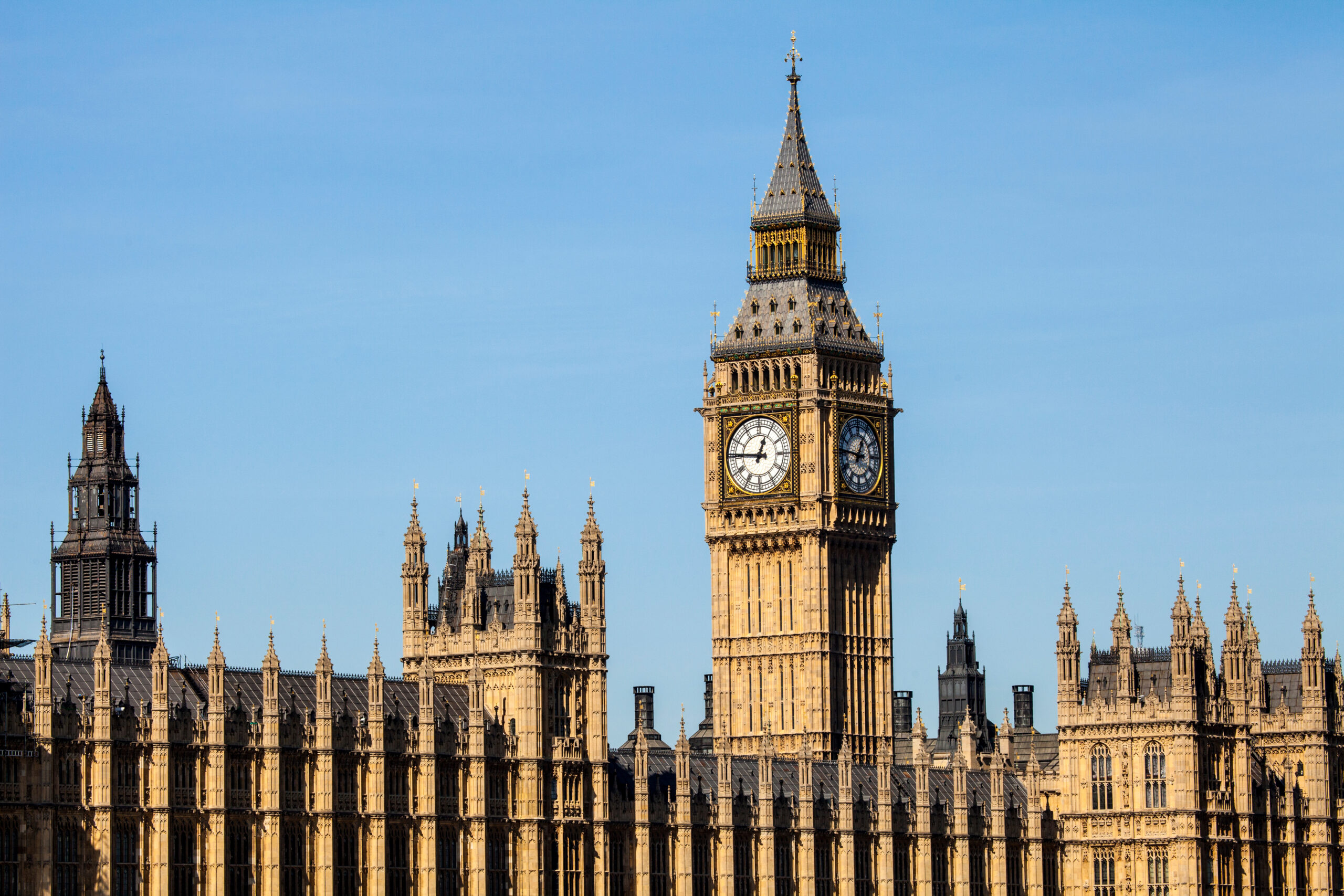
Short-term and populist policy-making is failing those that drive the UK economy, argues Vipul Sheth.
So, another Autumn Statement is announced, and chancellor Hunt has attempted to partly row back on the huge tax take caused by fiscal drag through reductions in National Insurance.
As an ‘entrepreneur’, I found the announcements underwhelming. Capital allowances expensing at 100% in the first year was welcome, but there wasn’t much beyond what was an extension of existing tax rules.
Broadly speaking, and without getting into tax minutiae, I feel that the way entrepreneurs and business owners are taxed is usually driven by political, and therefore short-term, thinking.
We’ve seen in recent years how Entrepreneur’s Relief (now known as Business Asset Disposal Relief) was slashed (by our now-prime minister Rishi Sunak during the 2020 Budget). And the way inward investment, and investors, are treated is inconsistent and not hugely competitive.
There has also been discussion about changing Business Property Relief (which is relief against IHT when passing a businesses’ assets onto a beneficiary). There are numerous successful, family-owned, businesses that would more than likely end up in the clutches of private equity if this relief was reduced.
In an economic slump, we won’t improve it by letting entrepreneurs either leave the country, or by disincentivising their efforts.
As someone who grew up in Coventry and saw the importance of manufacturing to the local ecosystem during the 70s and 80s, I do wonder who will create the businesses to support the myriad of new-build housing developments popping up along out-of-town A-roads around the UK.
Let’s be a nation that encourages investment, entrepreneurialism, and drives the economy forward. Not one that is short-termist, and where politicians prey on envy to misdirect the public.
Vipul Sheth is founder and MD of Advancetrack





